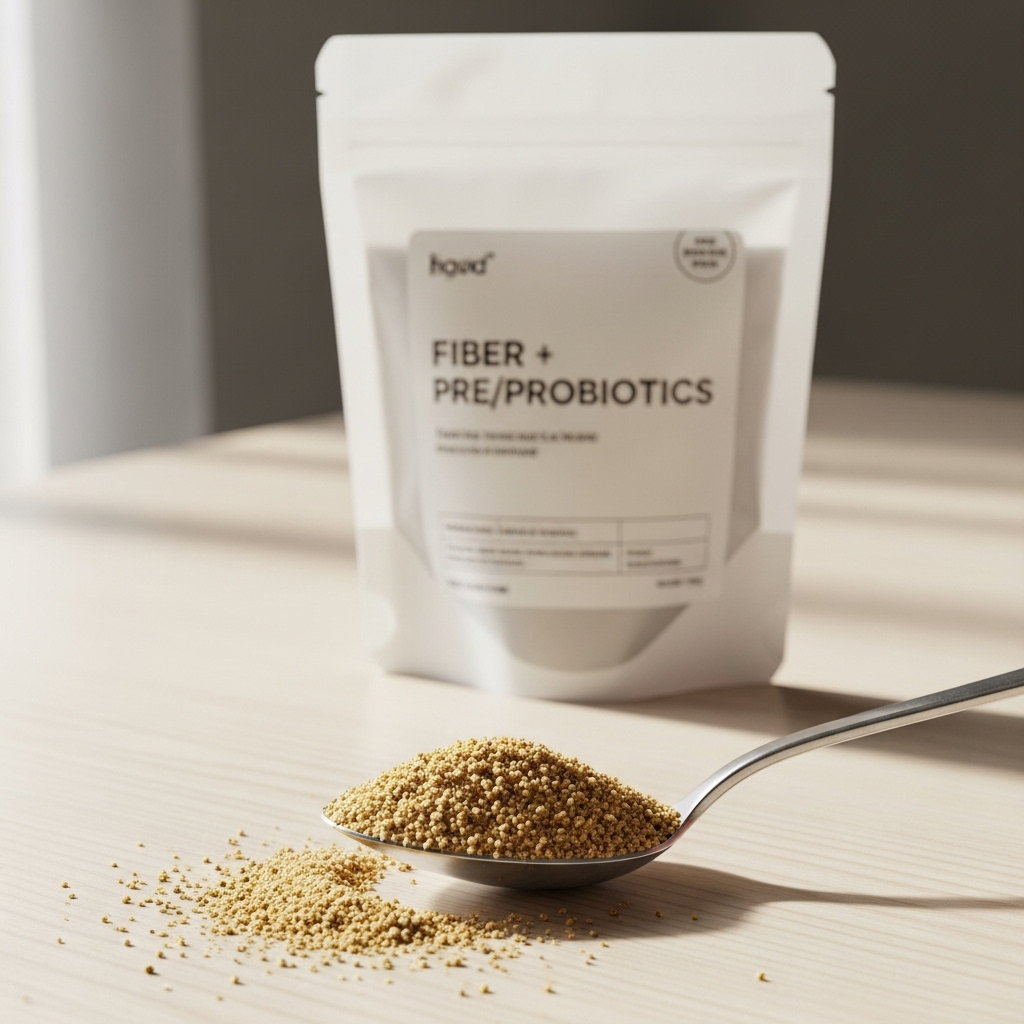Bernie’s Perfect Poop: Fiber + Pre/Probiotics Review

If your pet has occasional loose stools, inconsistent poops, or you simply want to support digestive health, fiber plus prebiotics and probiotics are a common and generally safe option. This review covers what to expect from a product marketed as “Bernie’s Perfect Poop: Fiber + Pre/Probiotics,” how to evaluate its ingredients, typical benefits and risks, dosing tips, and whether it might be a good fit for your cat or dog.
What this product aims to do
Supplements that combine fiber, prebiotics, and probiotics try to improve stool quality and regularity by:
- Adding bulk and water-holding fiber to help both constipated and loose stools regulate.
- Feeding beneficial microbes (prebiotics) to help them thrive.
- Delivering live probiotic strains that can support a healthy gut microbiome and compete with harmful bacteria.
Ingredients to look for and what they mean
Labels vary. When evaluating a product like Bernie’s Perfect Poop, check the label for the following categories and specifics:
Fiber sources
Common fibers include psyllium husk, beet pulp, oat fiber, and cellulose. Soluble fibers (e.g., psyllium) can soften hard stools and firm up loose stools by absorbing water; insoluble fibers add bulk and promote passage.
Prebiotics
Prebiotics such as fructooligosaccharides (FOS), inulin, and mannan-oligosaccharides (MOS) are non-digestible ingredients that feed beneficial bacteria in the gut. They can help probiotic strains establish and persist.
Probiotic strains and potency
Look for clearly listed strains and a guaranteed colony-forming unit (CFU) count through expiration or at time of manufacture. Probiotic strains commonly used in pet supplements include Lactobacillus and Bifidobacterium species, among others. Different strains have different effects; exact benefits depend on strain and dose.
Potential benefits
- Improved stool consistency and reduced frequency of diarrhea or constipation in some pets.
- Support for healthy gut flora after transient disturbances (diet changes, mild stress).
- May reduce gas and odor for some animals.
Possible side effects and cautions
Most pets tolerate fiber plus pre/probiotic supplements well, but watch for:
- Mild, temporary gas, bloating, or soft stools during the first days of use.
- Worsening symptoms in pets with certain medical conditions — always consult your veterinarian if your pet has persistent vomiting, severe diarrhea, blood in stool, weight loss, or other concerning signs.
- Pets who are immunocompromised, very young (neonates), or critically ill may require veterinary guidance before using live probiotics.
How to use safely
- Read the product label for dosing by weight or species. Manufacturers usually provide a dosing chart for dogs and sometimes for cats.
- Start with the lower end of the recommended dose for the first few days to assess tolerance, then increase if needed and as recommended.
- Give with food unless label directions state otherwise — many probiotics are best absorbed with a meal.
- Store according to the label (some probiotics require refrigeration, others are shelf-stable).
- If your pet is on antibiotics, discuss timing with your vet — sometimes probiotics are given a few hours apart from antibiotics to increase survival of live bacteria.
Pros and Cons
| Pros | Cons |
|---|---|
| Combines fiber with prebiotics and probiotics for a multi-pronged approach to stool quality | Results vary by pet; not a guaranteed fix for chronic or severe digestive disorders |
| Often easy to administer (powder or sprinkle) and suitable for short-term or maintenance use | Ingredient transparency and strain viability vary by brand — check the label carefully |
| May reduce mild GI upsets from diet changes or stress | Some pets experience temporary gas or loose stools when starting |
When to see the vet
Use a supplement like this for mild, intermittent issues or as preventive support. Contact your veterinarian promptly if your pet has:
- Persistent diarrhea or vomiting for more than 24–48 hours
- Blood in stool, significant weight loss, or lethargy
- A known immune disorder or is on immunosuppressive medications
FAQ
1. Can I give Bernie’s Perfect Poop to both dogs and cats?
Many fiber/prebiotic/probiotic supplements are formulated for dogs, cats, or both. Check the label for species-specific dosing and instructions. If uncertain, ask your veterinarian for guidance.
2. How quickly will I see results?
Some pet owners notice improved stool consistency within a few days. For other pets, it may take 2–4 weeks to see steady improvement. If there’s no improvement or if symptoms worsen, stop the supplement and consult your vet.
3. Are probiotics safe with antibiotics?
Probiotics are commonly used alongside or after antibiotics to help restore gut flora. Discuss timing with your vet — giving probiotics a few hours apart from antibiotics can help some probiotic strains survive.
4. How do I choose a quality product?
Look for clear labeling of fiber type, specific prebiotics, listed probiotic strains, a guaranteed CFU count, storage recommendations, and manufacturing quality assurances. Transparency is a strong indicator of a reputable supplement.
Key Takeaways
- Bernie’s Perfect Poop-style supplements combine fiber, prebiotics, and probiotics to support stool quality and digestive balance.
- Check the label for fiber types, specific prebiotics, probiotic strains, and guaranteed CFUs.
- Start at the low end of recommended dosing, monitor your pet, and give with food unless directed otherwise.
- Most healthy pets tolerate these supplements well, but consult your veterinarian for young, elderly, sick, or immunocompromised animals.
- If GI issues are severe, persistent, or accompanied by other worrying signs, seek veterinary care rather than relying on a supplement alone.
This review is informational and not a replacement for veterinary advice. Product formulations can change — always read the current label and consult your veterinarian with specific questions about your pet’s health.
Disclaimer: The information in this review is for educational purposes only and does not constitute medical advice. Always check with a veterinarian before starting any new supplement, especially for pets with pre-existing medical conditions, those taking medications, very young or elderly patients, or animals that are pregnant or nursing.

Leave a Reply